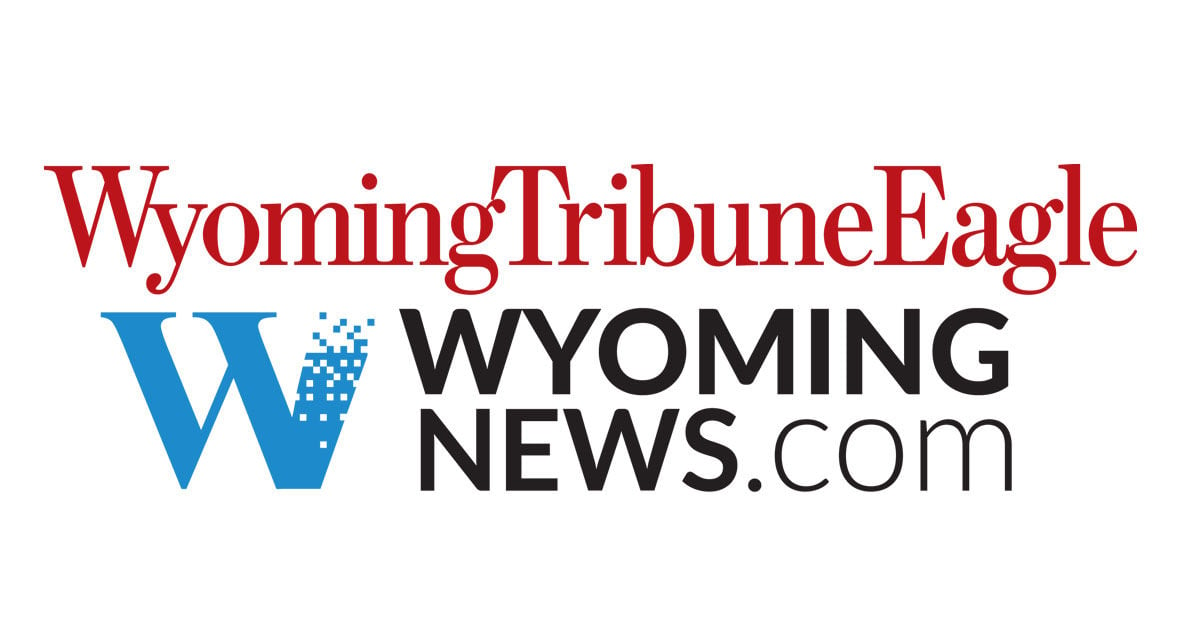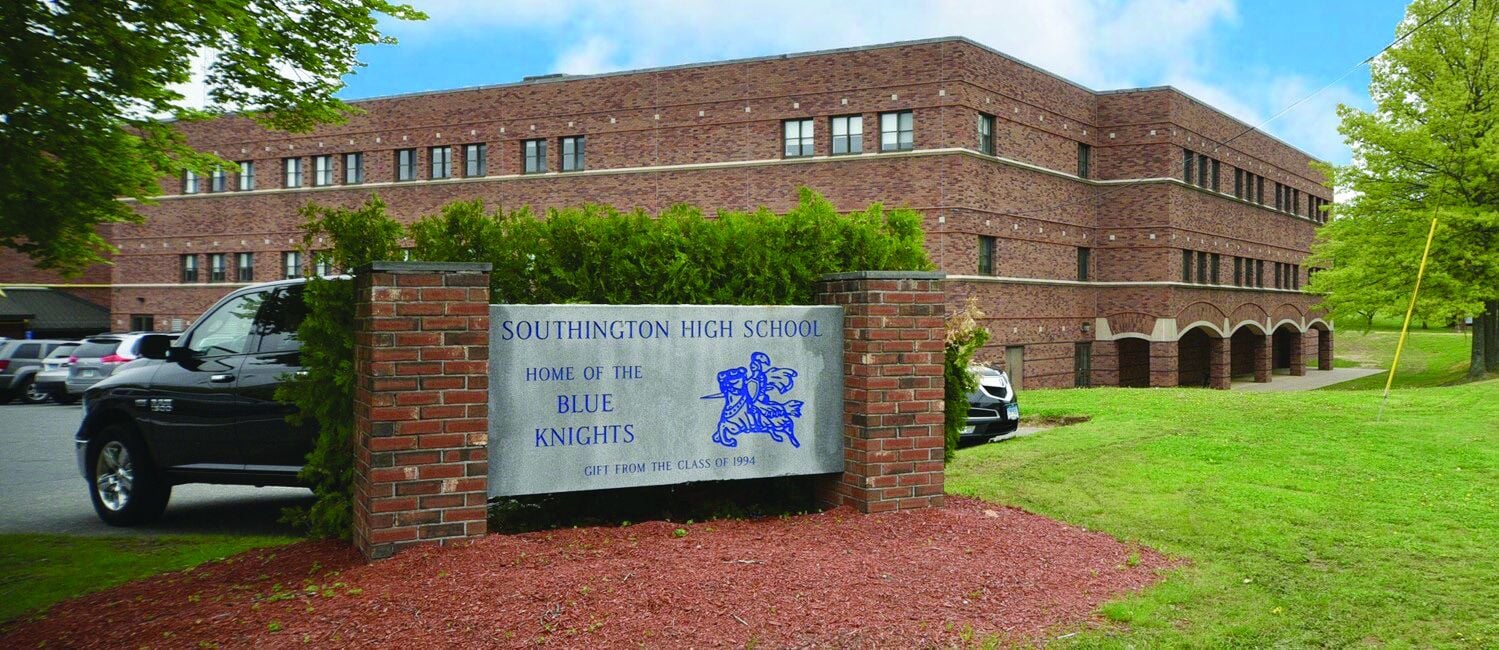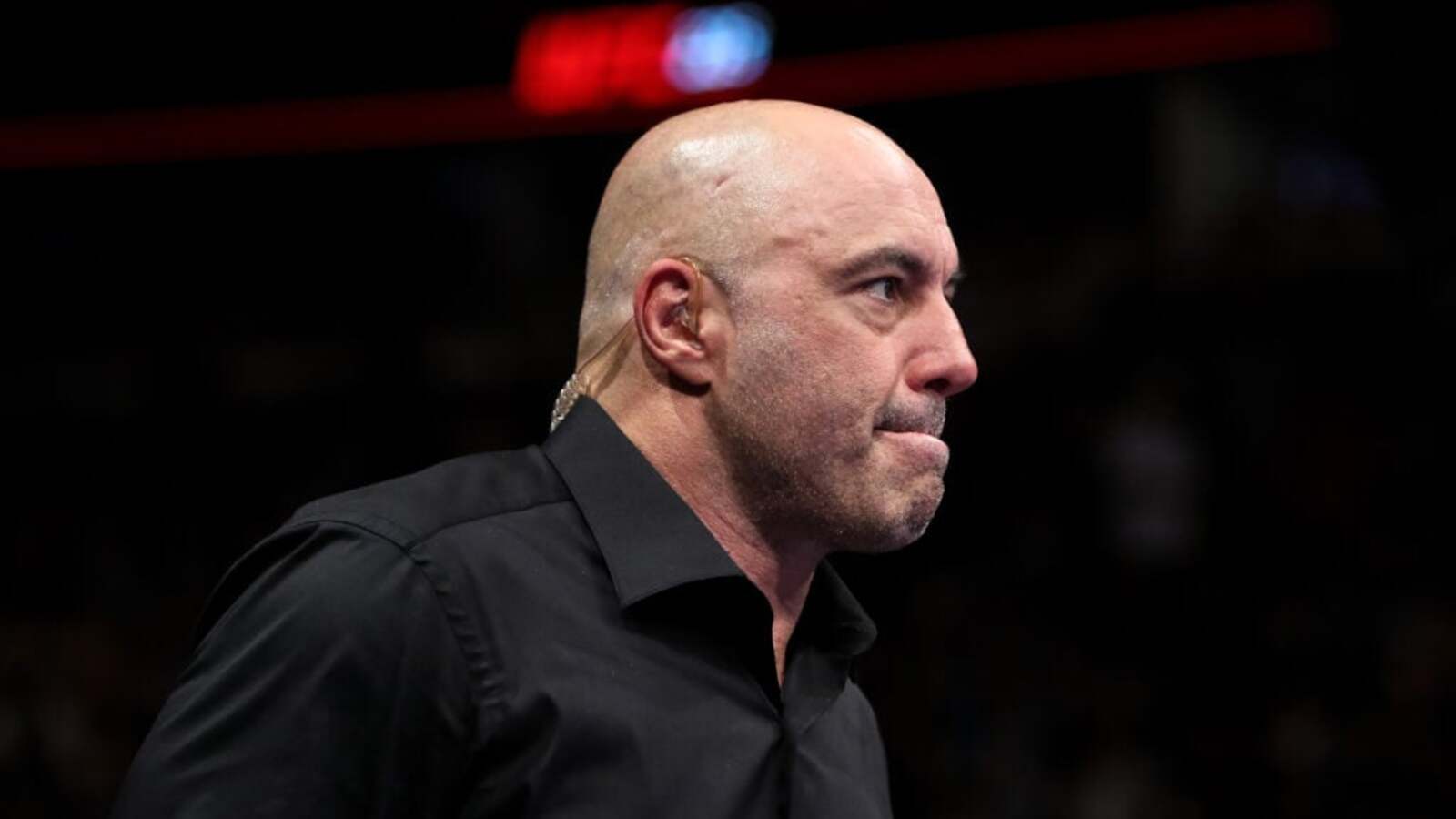Buying a home is a significant milestone, but navigating the world of mortgages can be overwhelming. With various loan options available, it’s essential to understand which mortgage best suits your financial situation and homeownership goals. In this article, we’ll explore the differences between FHA, VA, and Conventional loans to help you make an informed decision.
FHA, VA, and Conventional Loans: Understanding Your Mortgage Options

Understanding Mortgage Loans
A mortgage isn’t just a loan; it’s a commitment that can span decades. It’s crucial to understand all your options to choose the right mortgage for your needs. Mortgages can be used not only for purchasing a home but also for building, renovating, or refinancing.
Conventional Loans
What is a Conventional Loan?
Conventional loans are mortgages that are not backed by any government agency. They are offered by private lenders and are typically designed for borrowers with good to excellent credit scores and stable financial histories. Conventional loans usually require a down payment of at least 3%, but putting down 20% or more eliminates the need for private mortgage insurance (PMI).
Pros of Conventional Loans
- Flexible Terms: Options for fixed or adjustable interest rates.
- No Upfront Mortgage Insurance: If you put down at least 20%, you won’t need PMI.
- Wide Usage: Can be used for primary residences, second homes, or investment properties.
- Potentially Lower Costs: For borrowers with high credit scores, conventional loans may cost less over time.
Cons of Conventional Loans
- Higher Credit Score Requirements: Typically require a credit score of 620 or higher.
- PMI with Low Down Payment: If your down payment is less than 20%, you’ll need to pay for PMI.
- Stricter Qualification Criteria: More stringent income and debt-to-income ratio requirements.
Who Should Consider a Conventional Loan?
If you have a solid credit history, stable income, and can afford a down payment of at least 5%, a conventional loan might be the right choice for you. It’s especially beneficial if you’re looking to avoid the costs associated with government-backed loans.
FHA Loans
What is an FHA Loan?
FHA loans are mortgages insured by the Federal Housing Administration. They are designed to help low- to moderate-income borrowers achieve homeownership. FHA loans have more lenient credit score requirements and allow for lower down payments. Borrowers can qualify with a credit score as low as 500 with a 10% down payment or 580 with a 3.5% down payment.
Pros of FHA Loans
- Lower Credit Score Requirements: Accessible for borrowers with credit scores as low as 500.
- Low Down Payments: Down payments as low as 3.5% for qualified buyers.
- Flexible Debt-to-Income Ratios: More lenient in evaluating your income and debts.
- Assistance Programs: Allows the use of gift funds for down payments.
Cons of FHA Loans
- Mortgage Insurance Premiums (MIP): Requires both upfront and annual MIP payments, which can last the life of the loan.
- Property Standards: Homes must meet strict health and safety standards set by the FHA.
- Primary Residence Requirement: Must be used for your primary residence; investment properties are not eligible.
Who Should Consider an FHA Loan?
First-time homebuyers, those with lower credit scores, or individuals with limited funds for a down payment may find FHA loans to be a suitable option. The lower barriers to entry can make homeownership more attainable.
VA Loans
What is a VA Loan?
VA loans are mortgages guaranteed by the U.S. Department of Veterans Affairs and are available to eligible veterans, active-duty service members, and certain surviving spouses. These loans often require no down payment and have competitive interest rates. VA loans are designed to provide long-term financing to American veterans.
Pros of VA Loans
- No Down Payment: Eligible borrowers can finance 100% of the home’s value.
- No PMI: Does not require private mortgage insurance, even with no down payment.
- Competitive Interest Rates: Often lower than conventional loan rates.
- Flexible Credit Requirements: More lenient with credit scores and debt-to-income ratios.
Cons of VA Loans
- Funding Fee: Requires a one-time VA funding fee, which can be financed into the loan.
- Primary Residence Requirement: Must be used for your primary residence.
- Eligibility Restrictions: Only available to qualified veterans, service members, and spouses.
Who Should Consider a VA Loan?
Eligible military members and veterans looking for a mortgage with favorable terms, no down payment, and no PMI should consider a VA loan. It’s a significant benefit earned through service.
How to Choose the Right Mortgage for You
Selecting the right mortgage depends on your individual circumstances:
- Assess Your Credit Score: Higher scores open up more options with potentially better rates.
- Determine Your Down Payment Ability: Larger down payments can reduce or eliminate mortgage insurance costs.
- Consider Your Military Service: If you’re eligible for a VA loan, it often provides the most favorable terms.
- Evaluate Your Long-Term Plans: If you plan to stay in the home long-term, fixed-rate loans provide stability.
It’s important to consult with mortgage lenders or financial advisors to understand which options best align with your financial goals.
Conclusion
Understanding the differences between FHA, VA, and Conventional loans is crucial in making an informed home-buying decision. Each loan type offers unique benefits and has specific requirements. By carefully evaluating your financial situation, credit history, and homeownership goals, you can select the mortgage that best suits your needs and helps you achieve the dream of owning a home.
Whether you’re a first-time homebuyer or looking to refinance, being informed empowers you to navigate the mortgage landscape confidently. Remember, the right mortgage can save you money and provide financial stability for years to come.











